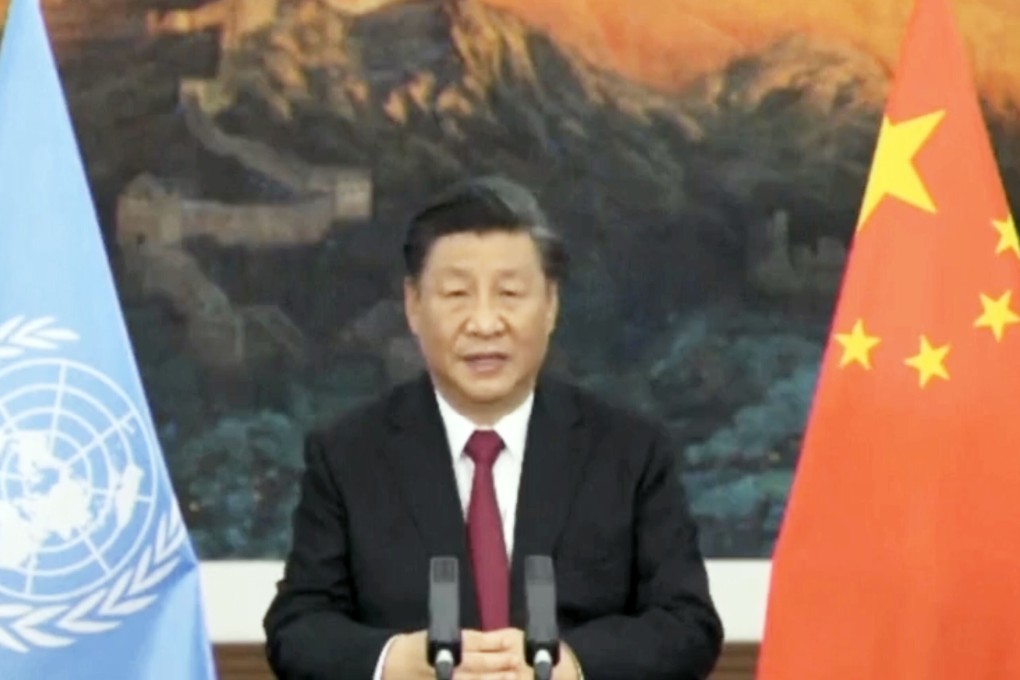Editorial | Xi Jinping sets an example for others to follow with conservation fund
- Latest initiative together with first batch of national parks and accelerated push for alternative energy show Beijing is eager to lead world in protecting the environment

Each time an animal or plant species is driven into extinction, the world in some way changes, usually for the worse. Many governments have for decades put economic progress ahead of the environment, with devastating consequences for habitats and ecosystems.
Xi has a track record of putting the environment first, exemplified in his saying that clear waters and green mountains are as valuable as mountains of gold and silver.
His keynote speech at the leaders’ summit of the 15th meeting of the United Nations Biodiversity Conference (COP15) in the Chinese city of Kunming was also marked by the announcement of the official establishment of China’s first batch of national parks and an acceleration of development of wind and solar power.
China is well-placed to help the world become more ecologically responsible. It has learned the hard way about the consequences of unrestricted development; a report by global conservation body WWF in 2015 determined that almost half of the country’s terrestrial vertebrate species had vanished in the previous 40 years.
